Transforming Patient Interactions with a Smarter Experience Platform
Streamline workflows, enhance patient satisfaction, and ensure compliance with CERTIFY Health’s advanced patient experience.

Payers Integrations for Real-Time Eligibility Verification
The All-in-One Patient Experience Platform
CERTIFY Health is redefining the patient journey with innovative patient experience software designed for the modern healthcare provider.
01
Digital Patient Intake
Accelerate check-ins with pre-visit forms and mobile-friendly solutions.
02
Integrated Payment Solutions
Enhance financial clarity with text-to-pay and automated reminders.
03
Biometric Security
Ensure accurate patient identification with industry-leading FaceCheck technology.
04
Compliance You Can Trust
Certified for HIPAA, HITRUST, GDPR SOC 2 Type II and PCI DSS.
We Solve the Real Problems That Impact Your Practice
CERTIFY Health is redefining the patient journey with innovative patient experience
Missed Appointments
Reduce no-shows with automated reminders.
Last-Minute Cancellations
Quickly fill slots with intuitive waitlist tools.
Non-Payment Challenges
Simplify collections with flexible payment plans.
Staff Overload
Automate repetitive tasks to free up your team.
CERTIFY Health’s patient experience software transformed our operations, reducing wait times by 30% and elevating patient satisfaction scores.”

Dr. Laura Bennett,
Practice Administrator
Trusted by Healthcare Leaders Nationwide.
The Preferred Patient Experience Platform for Clinics, Hospitals, and Health Systems with over a decade of expertise, CERTIFY Health supports healthcare providers in creating efficient, patient centric experiences.
The Patient Experience Platform Built to Drive Results
Send SMS, email, or call reminders to reduce no-shows
Increase Workflow Efficiency
Automate repetitive tasks to free up staff for high-value activities.
Protect patient data with HIPAA-compliant and HITRUST-certified software.
Streamline payment processes to increase collections and transparency.
Transforming the Patient Experience in 3 Simple Steps
01
Patients receive personalized check-in links via text or email
02
Digital forms completed remotely or at kiosks sync seamlessly with your EHR
03
Real-time updates ensure accurate data and optimized workflows
Secure, Compliant and Trusted Patient Experience Software
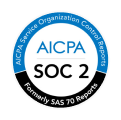
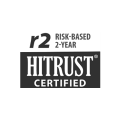
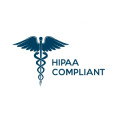
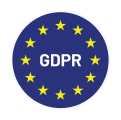
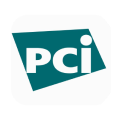
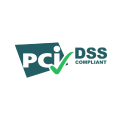

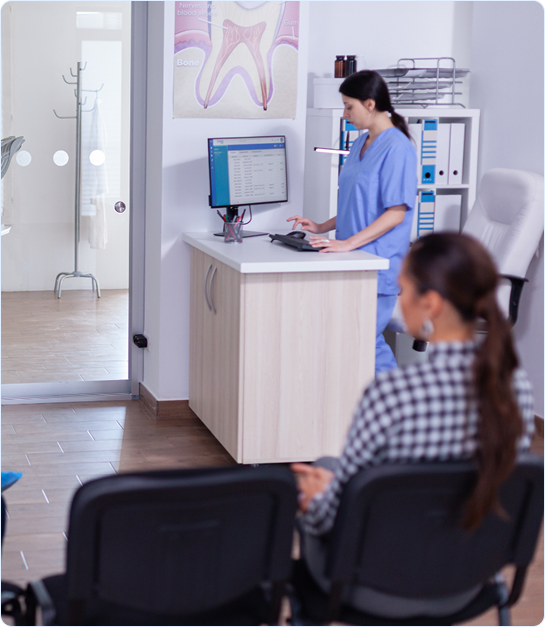
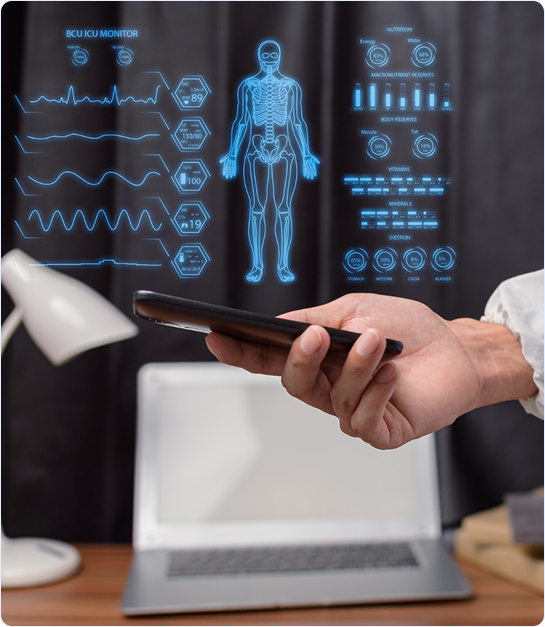
The Patient Experience Platform Built to Drive Results
Simplify high-turnover patient check-ins with mobile-first solutions.
Centralize patient data to improve operational efficiency.
Standardize processes across multiple locations with scalable technology.

